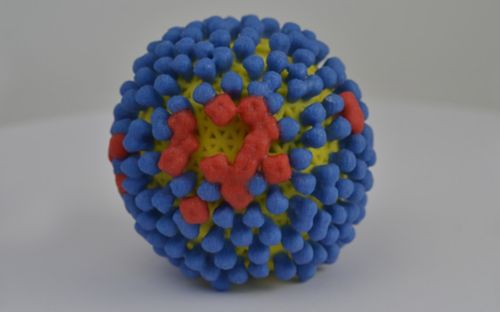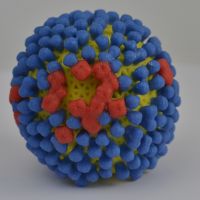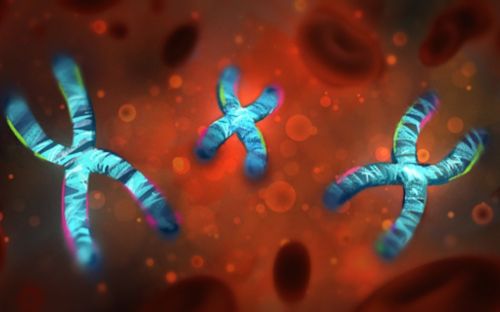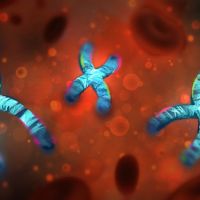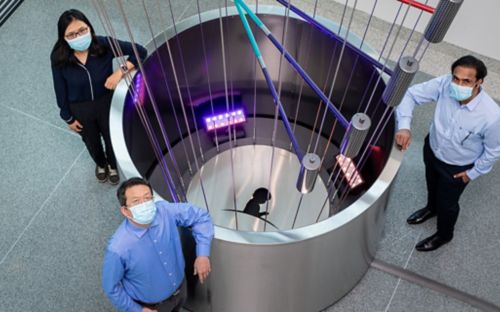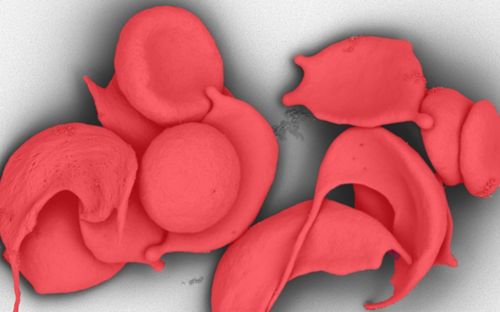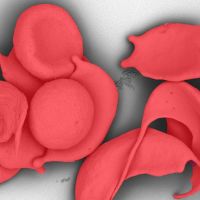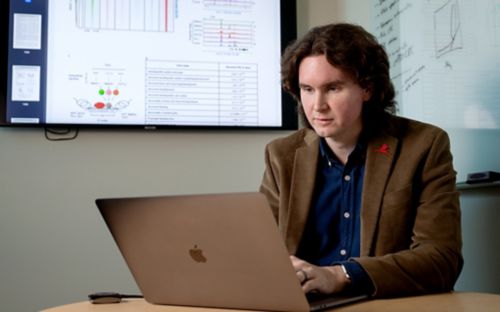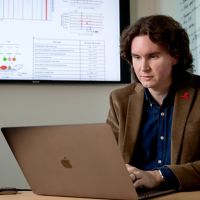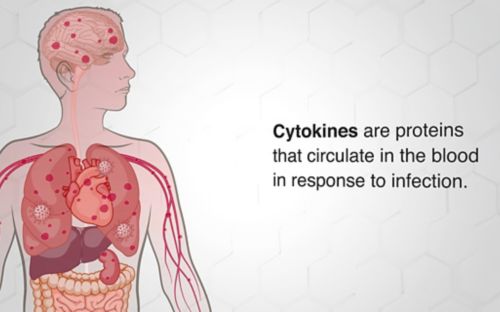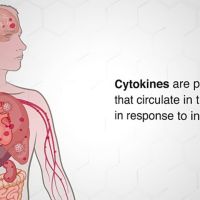St. Jude Family of Websites
Explore our cutting edge research, world-class patient care, career opportunities and more.
St. Jude Children's Research Hospital Home

- Fundraising
St. Jude Family of Websites
Explore our cutting edge research, world-class patient care, career opportunities and more.
St. Jude Children's Research Hospital Home

- Fundraising
Research
Learn about published research as well as leading-edge basic and translational research initiatives from St. Jude laboratories.
Immune markers offer clues to antibody production in response to flu
Scientists are learning more about antibody production in response to flu, including how they develop from helper T cells and monocytes.
Blocking the progression of pre-leukemic disorders
Genetic changes in the biology of blood cells can lead them down a path to cancer. This researcher is figuring out how that happens.
Gene therapy pioneer led St. Jude through unprecedented growth
Leader, mentor, scientist, physician and gene therapy pioneer: Arthur Nienhuis' extensive legacy of science and medicine.
Common astrovirus can lead to serious health problems
This viral infection is so common nearly everyone has had it - and it can become deadly serious for those who have compromised immune systems.
Learning the connection between research and the people it helps
St. Jude highlights Regina Kolaitis, PhD, who shares the moment she learned about the connection between her research and the people it helped.
Reducing deep sequencing errors to find residual cancer cells
This new computational tool pinpoints errors in ultra deep sequencing to identify residual cancer cells that normal sequencing misses.
The current landscape and promising future of sickle cell disease therapy
Major advancements in sickle cell disease therapy hold a promising future for patients, including organ preservation and a possible cure.
Are scientific citations meaningful? Scientific progress from a larger perspective
Scientific citations identify valuable research. Here’s what it’s like to be a part of a lab ranked in the top 1% of citations.
Word to the wise: Don’t let the genomic data fool you
In the world of genomics, this computational biologist recommends these simple things before interpreting the data.
How to calm the cytokine storm in COVID-19 and beyond
Some COVID-19 infections can create a molecular storm inside your body that can be fatal. This research team may have found a way to stop it.
